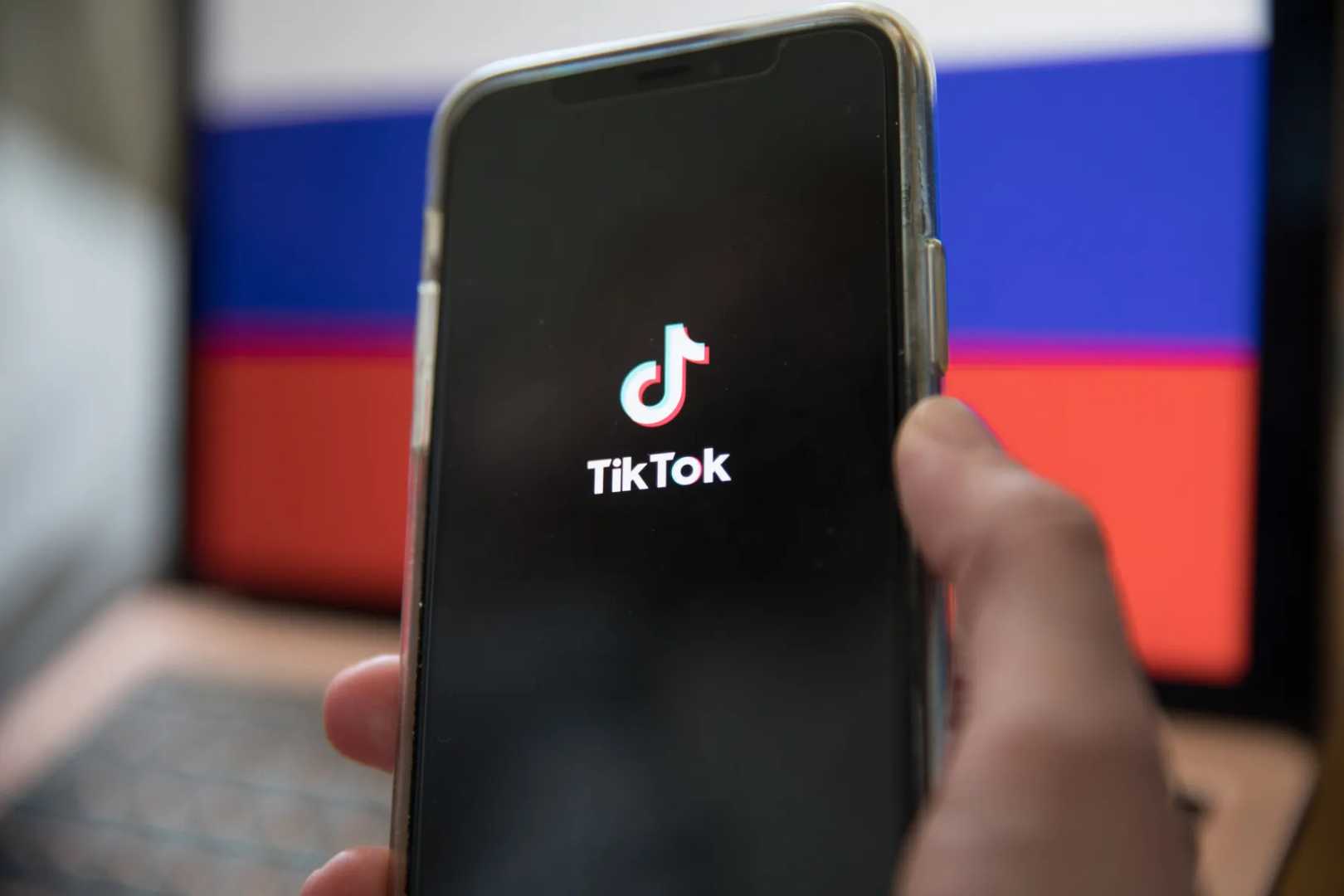News
Social Media Trend Questions Popular Propaganda in Viral Videos

London, U.K. — A new social media trend called “Propaganda I’m Not Falling For” has quickly gained traction on platforms like TikTok, drawing millions of views and engaging users in discussions about societal norms and marketing tactics. This trend features young, predominantly female creators sharing lists of what they believe to be misleading propaganda.
The term ‘propaganda’ refers to the spreading of ideas and information to promote or harm a cause or person. Creators set their videos to popular songs, including “i think about it all the time” by Charli XCX, to accompany lists that critique various trends, beauty standards, and lifestyle expectations.
One notable video by TikTok user Lxyzfbxx has amassed over 1.4 million views and includes items like the “clean girl look” and “preventative botox.” Another creator, Mon Sharx, listed “dating apps” among her controversial topics, while Beverly Heart‘s video featuring various critiques reached 320,000 views.
These videos combine serious critiques with playful commentary, resonating with a generation that feels burdened by unrealistic societal expectations. Many of the views expressed differ widely. Some creators champion practices like Botox, while others vehemently oppose them.
The hashtag “propaganda” on TikTok currently shows over 200,000 posts, and comment sections reveal users agreeing with the lists or contributing their own. The increasing popularity of this trend indicates a shared frustration with modern life.
The trend reflects changing aesthetics and content on social media, where viewers seek to differentiate between genuine interests and curated images. Eviane Leidig, an author researching social media influencers, suggested that this ‘apolitical’ aesthetic can reach wider audiences while still acting as propaganda.
Many users have shared personalized propaganda lists that critique not just trends but also narratives within television shows and music. TikTok user @moonrisemaxer commented on the bias against female characters in media, earning 57,000 views for their post.
The phenomenon appears to be gaining momentum quickly, but its longevity in the ever-changing landscape of social media remains uncertain.












